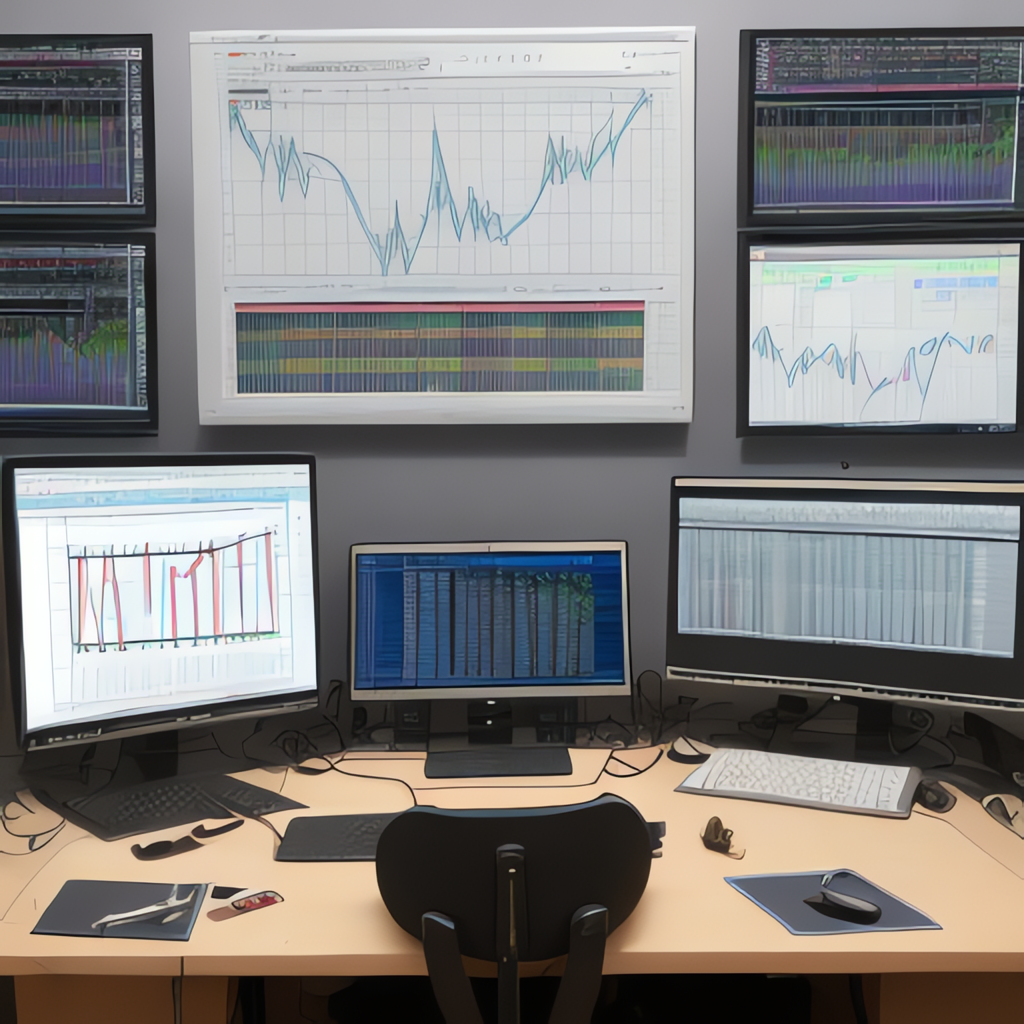Error: 429, {“message”:”Request was rejected due to rate limiting. If you want more, please contact [email protected]”,”data”:null}
Exploring the Universe of Data Visualization: A Comprehensive Guide to Diverse Chart Types In this enlightening article, we embark on a journey through the vast landscape of data visualization, unveiling a variety of chart types that are not only visually pleasing but also incredibly powerful in storytelling and communication. From the classic to the cutting-edge, and from the simple to the intricately detailed, this piece covers every essential component for presenting your data effectively. As we delve into the world of bar charts, we’ll explore their versatility and how they can be used to highlight comparisons and trends with ease. We’ll also take a critical look at line charts, which excel in illustrating changes over a continuous interval or time period, and are particularly useful for showing trends. The article introduces the realm of area charts, akin to a stacked graph, but with the underlying values filled in to draw a comparison between parts and a total. We’ll also discuss stacked area charts, which are particularly insightful when comparing the evolution of multiple components over time. Branching into the category of column charts and polar bar charts, we’ll examine how each is uniquely suited to present data in different contexts, revealing patterns in a circular polar coordinate system. Pie and circular pie charts are dissected next, offering straightforward insights into the distribution of a whole among various proportions. We’ll also delve into rose charts, a lesser-known but equally intriguing variant of the pie chart, offering an aesthetic yet efficient presentation of data in a circular or sector format. Rounding up our exploration of traditional charts, we’ll investigate radar charts, their ability to compare multiple variables across different sets of entities, and their potential in illuminating relationships that are not immediately apparent. The article further ventures into emerging chart types, such as beef distribution charts, which might not be as widely recognized but could potentially revolutionize our understanding in specific research spheres. Organ charts will be discussed within the context of mapping hierarchical structures efficiently. Following are connection maps, crucial for illustrating relationships between entities, often used in organizational contexts or in mapping networks. Sunburst charts are introduced as an innovative way to represent hierarchical data in a radial layout, providing insights that are often lost in more traditional formats. A significant leap into the realm of Sankey charts is also included, highlighting their role in visually demonstrating flows and interactions, such as data movement or material flows, in a compact and detailed manner. Lastly, the article won’t miss a beat in discussing the modern aesthetics of word clouds. This chart type, while seemingly simple, is anything but. The arrangement and size of words in a word cloud can convey much about a document’s thematic focus, providing an intuitive and visually engaging insight into textual content. Each of these chart types, from the foundational to the most contemporary, has its distinctive purpose and effectiveness in data presentation. With the right chart for your specific data set and message, communication and comprehension can become significantly enhanced. Dive into the article to discover which type will best serve your data visualization needs.
3D area charts 3D circular pie charts 3D pie chart examples advanced Sankey charts anatomical organ charts animated polar bar charts area charts artistic word clouds Bar Charts beef chart tools beef distribution charts best bar chart tools best pie chart makers best radar chart creators ChartStudio circular pie charts colorful rose charts column chart creators column chart software column charts comprehensive radar charts connection map creators connection maps contact custom column charts custom word clouds customizable column charts data connection maps data visualization bar charts detailed radar charts distribution beef charts due dynamic line charts dynamic sunburst charts Error flow Sankey charts interactive bar charts interactive connection maps interactive pie charts layered stacked area charts limiting line chart software line charts medical organ charts message multi-layer stacked area charts organ chart software organ charts please polar bar chart examples polar bar chart software polar bar charts rate real-time area charts rejected Request responsive line charts rose charts sankey Sankey chart software Sankey charts simple pie charts stacked area chart apps stacked area charts sunburst chart designs sunburst chart tools sunburst charts top area chart tools top rose chart apps visualized beef distribution charts want word cloud generators word clouds
